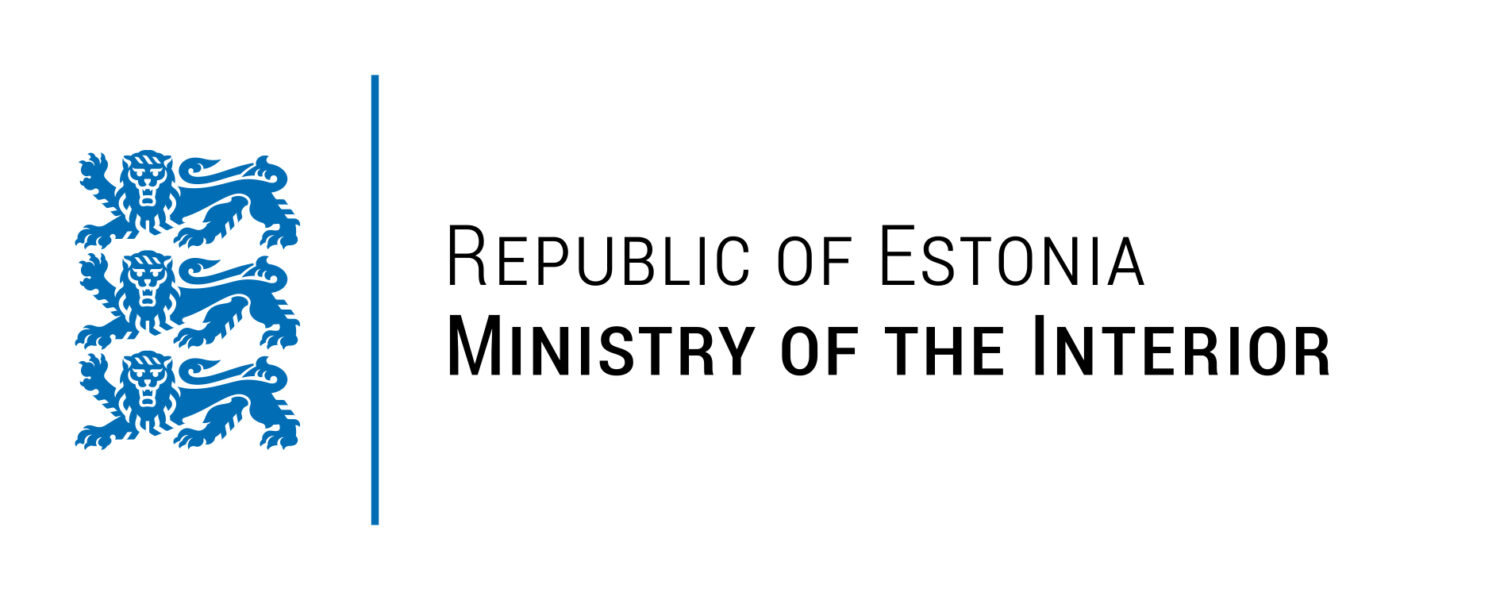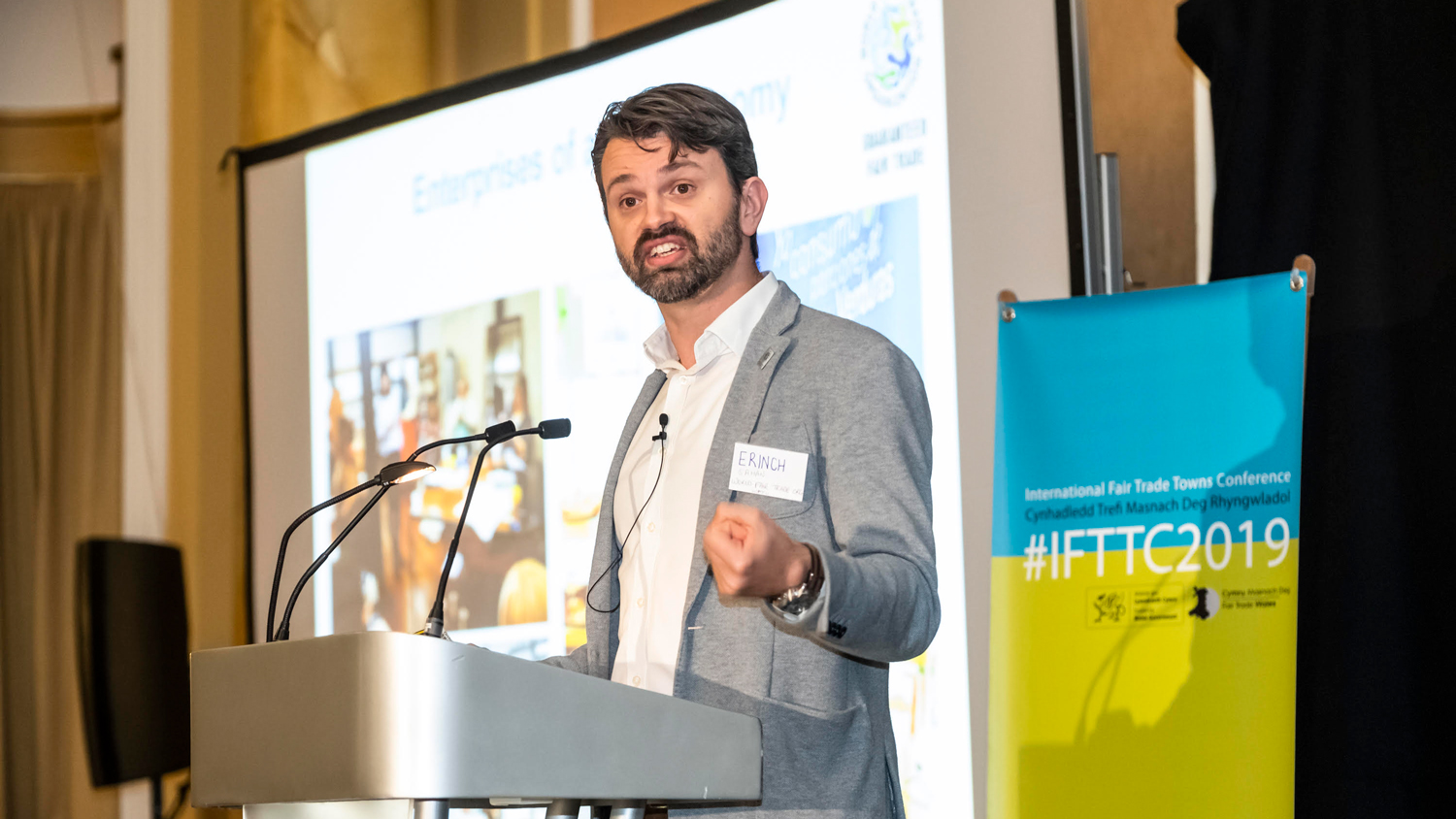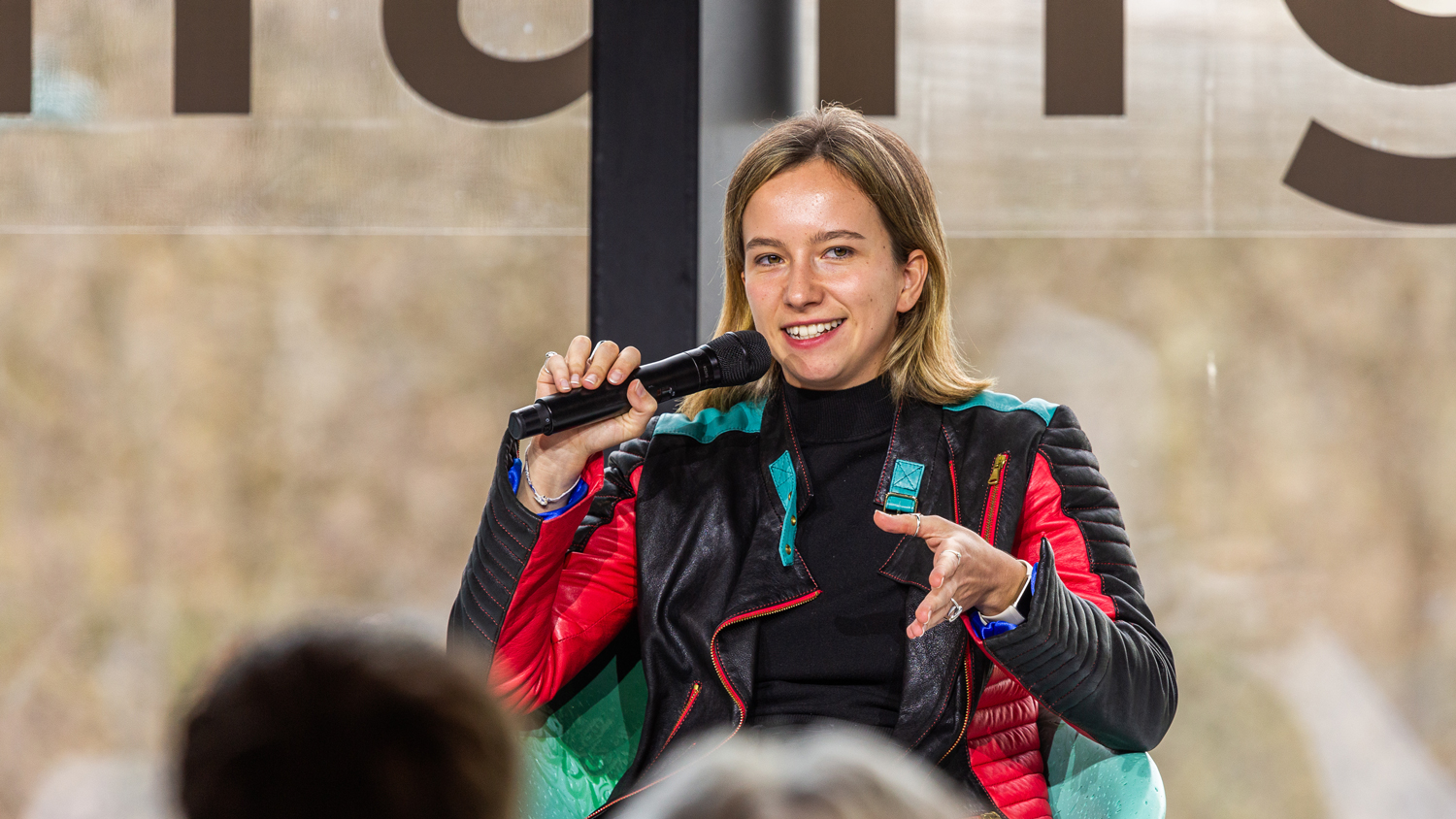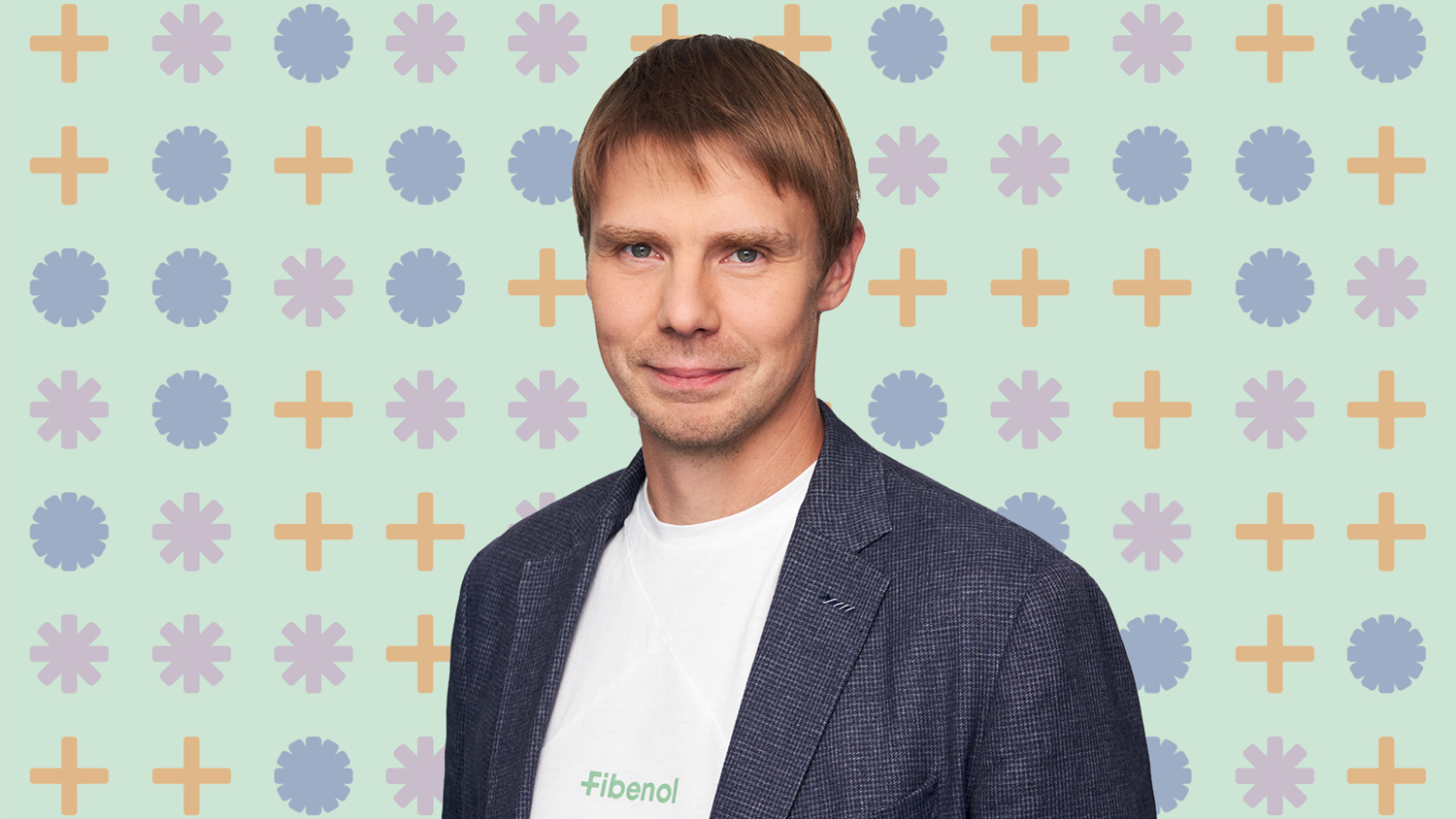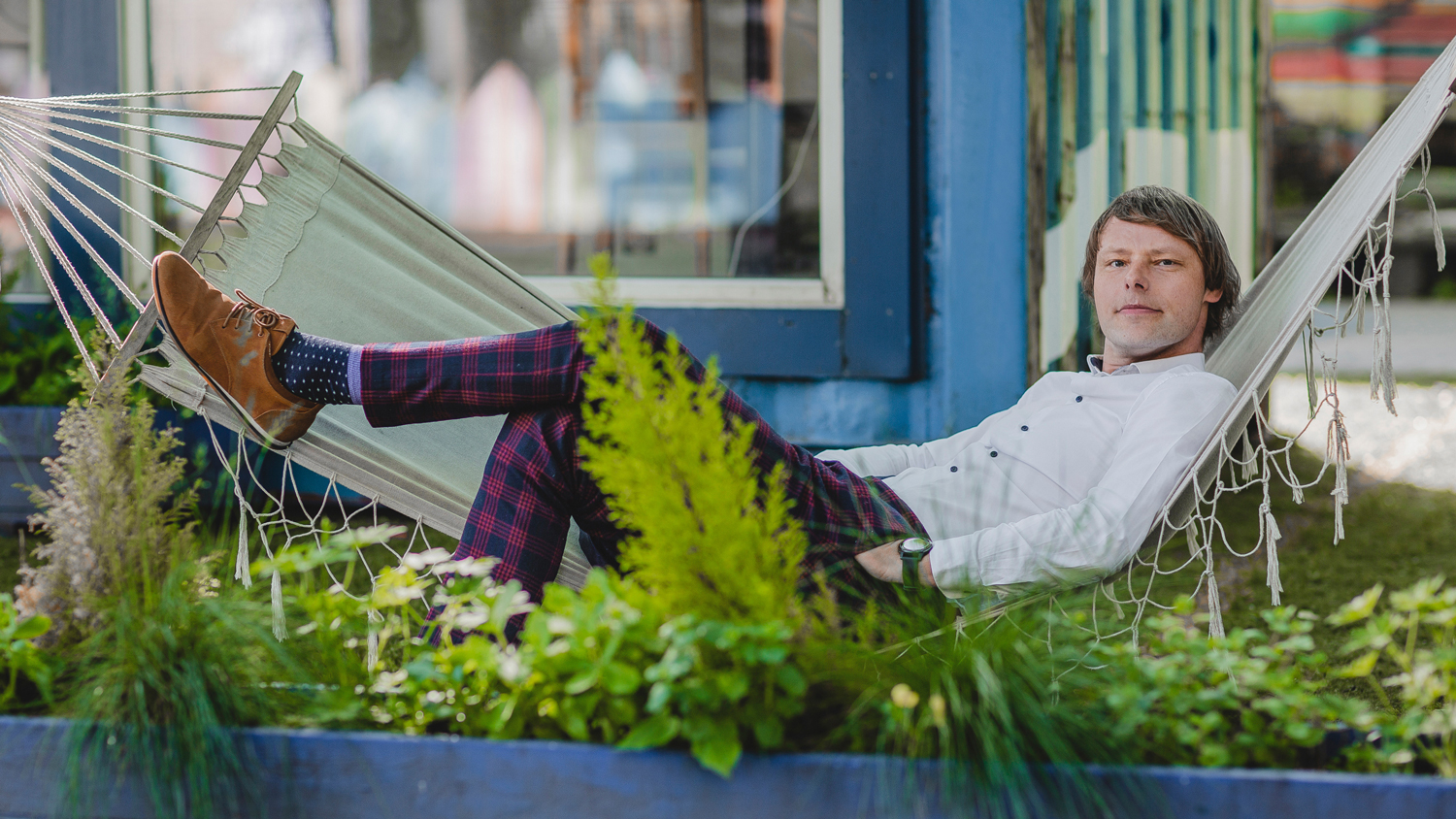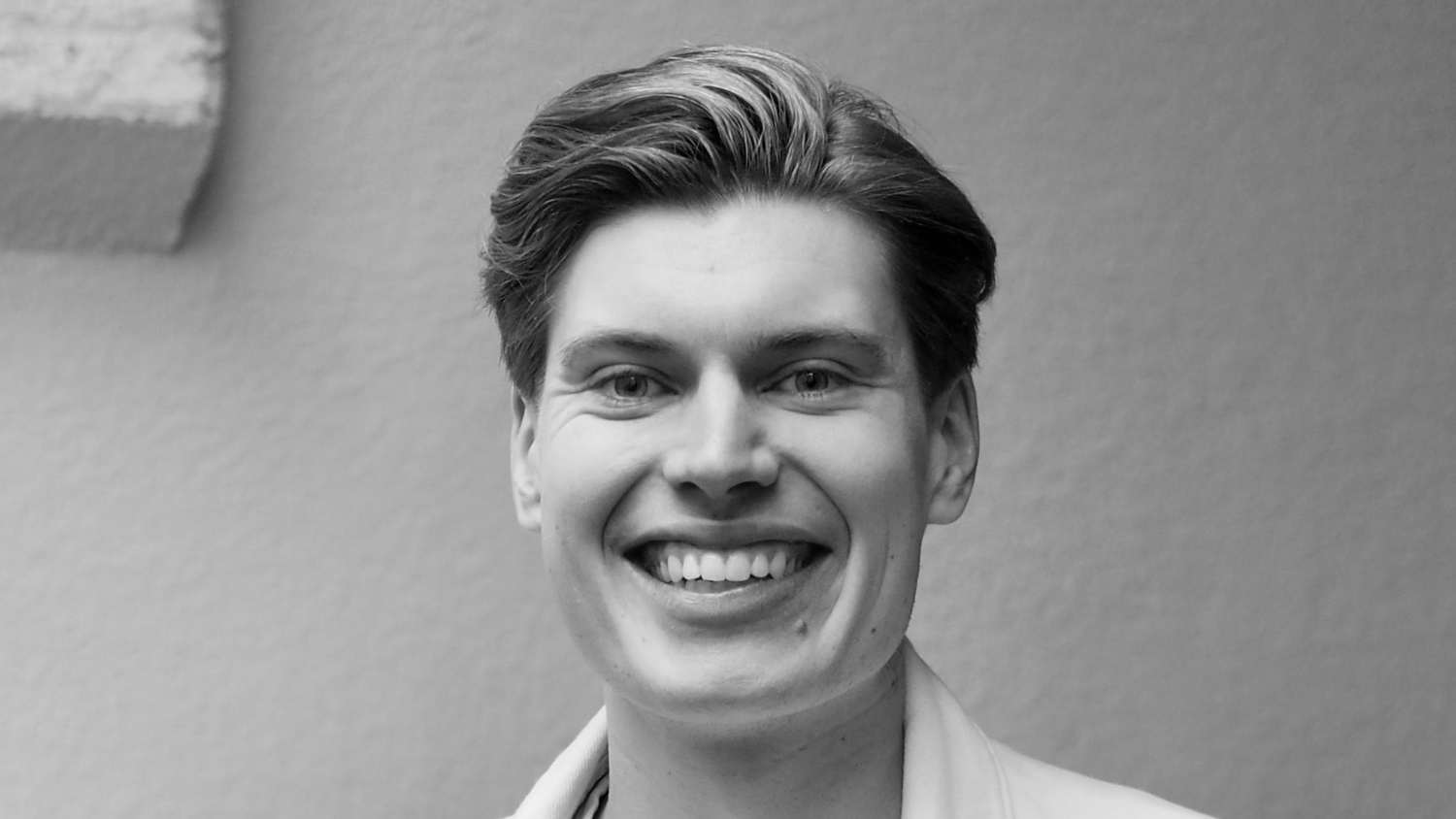Jos de Blok, the visionary founder and CEO of Buurtzorg, embarked on a journey in 2006 that would not only transform home-based health care but also ignite a revolution in the Netherlands’ approach to community-based nursing.
From humble beginnings with just a small team of four nurses, Buurtzorg has grown into a powerful force, with over 15 000 employees dedicated to serving more than 80 000 patients annually worldwide.
Jos’s journey in neighborhood nursing began as a community nurse, where he found his calling after he realized that business principles didn’t match his own beliefs. Over three decades, he observed healthcare’s shift towards public management and rising costs. Motivated by his experiences, he founded Buurtzorg, advocating for self-managed teams centered on trustful relationships and patient needs. Rejecting traditional management structures, Jos emphasizes ownership, responsibility, and trust as the foundation of effective care. By streamlining processes and minimizing overhead, Buurtzorg prioritizes resources for highly educated healthcare workers and nurses, redefining community-based healthcare delivery.
Sustainability is a broad term. What does sustainability mean to you personally, and how do you think it should be approached on a global scale?
Sustainability touches nearly every aspect of our lives: from the economic choices we make to how we manage public services. Growing up in a family that didn´t have a car due to environmental concerns, I learned the value of conscious decision-making early on, nearly half a century ago. Adopting a vegetarian lifestyle at a young age, a choice made by my entire family, further highlighted our commitment to minimizing waste and pollution.
Beyond environmental considerations, sustainability includes social equity: ensuring that education, healthcare, and safety are accessible to all. I view sustainability as integral to the fabric of society, spreading throughout every aspect of human existence.
Drawing parallels with Buurtzorg, we’ve created a system that diverges from traditional economic relationships. I firmly believe that by harnessing our collective knowledge and resources to prioritize preventative healthcare and healthy behaviors, we can drive down costs while fostering more meaningful work environments and achieving better outcomes for all.
Could community based approach (sustainable living practices) positively impact healthcare outcomes and the overall well-being of communities?
Yes, it can. Back in 2005-2006, I made a plan aiming to enhance outcomes for clients, communities, and workers, while also improving cost efficiency. I believed this approach could be highly preventive, potentially reducing time spent on individuals by 40-50%. In 2009, a significant report from Ernst & Young supported this, stating a 40% reduction, equating to over a billion euros in savings for the Dutch system.
Over 18 years, we’ve witnessed a consistent decrease in required hours, encouraging discussions in parliament about the remarkable cost-effectiveness of community care compared to other sectors.
Buurtzorg has been honored as the best employer five times, we have the highest satisfaction rates in the country. Despite workforce shortages, our organization continues to grow. Our approach focuses on simplification, fostering relationships, and prioritizing self-organization, all supported by IT and back-office systems. Since 2006, we’ve remained steadfast in our commitment to this philosophy.
What is the role of (active) communities in general in people´s lives in the modern times?
Last year, I developed a plan called “Neighborhoods and Ecosystems,” driven by my belief in the untapped potential within communities. I challenge the assumption that people are unwilling to support each other, advocating instead for creating the right conditions to unlock their desire to contribute. Working alongside grassroots networks, I aim to empower communities to take ownership of their environments.
I firmly believe that by fostering a sense of ownership, communities possess the capacity to generate innovative solutions that may currently elude us due to our standardized, top-down approach. Viewing neighborhoods as ecosystems, I envision a transformative process wherein we reimagine every aspect of community life based on genuine needs and utility. This includes prioritizing primary healthcare, prevention, and informal networks, all interconnected with the goals of promoting health and fostering healthy aging.
It seems that people work best, even thrive, when they are part of a community. Throughout history, we have always belonged to one and always will. Is it so?
The idea of being connected to nature is deeply rooted within us, but the rise of industrialization and neo-liberal thinking has pulled us away from this natural connection. However, by returning to what I’d consider a more “normal” way of living, we can revive this innate behavior.
Contrary to popular belief, adopting our model doesn’t require extra training. Instead, individuals simply join a team and start making decisions together. Interestingly, many find that this shift not only changes their work life but also impacts their personal life. For instance, some colleagues have even found love within their teams, leading to unexpected relationships. This sense of empowerment in the workplace fuels a belief in one’s ability to shape their surroundings, opening up countless opportunities and solutions that reach beyond work.
What is your controversial/unpopular opinion about sustainability? Also – your biggest dream?
What I’ve observed over the past 30 years is a world organized around economy, leading to fragmented discussions and disintegration of systems. I firmly believe that integration is key to sustainable solutions. While many agree on the importance of a holistic approach, they often limit it to their specific domains. My vision is broader: we must connect various elements, such as health, healthy behaviors, food integration, and a nurturing environment with nature at its core. Danish author Laura Storm‘s book, “Regenerative Leadership,” emphasizes nature as the guiding principle in our approach to problem-solving.
In simplifying complexities, people can take more ownership. For instance, when asked about future personnel scarcity, I titled my upcoming speech “Unexpected Solutions for an Expected Problem.” Contrary to popular belief, I don’t see a shortage of people but rather a need to rethink how individuals can contribute to solutions by integrating various factors. While others advocate for specialization for efficiency, I emphasize prevention to reduce problems.
Common assumptions suggest that an aging population will increase demand for care, but I disagree. With healthier lifestyles and environments, fewer problems will arise. Even in old age, people can contribute significantly – my mother, at 89, maintains an active social network. While society often views the elderly as burdensome, early demise is seen as economically advantageous – a mindset I aim to challenge.
Jos talks about the reinventing model and how to run a company in a different way at the Impact Day festival on 10-12 October 2024 in Tallinn.
The participation in the event is supported by the National Foundation of Civil Society and the Estonian Ministry of the Interior.

